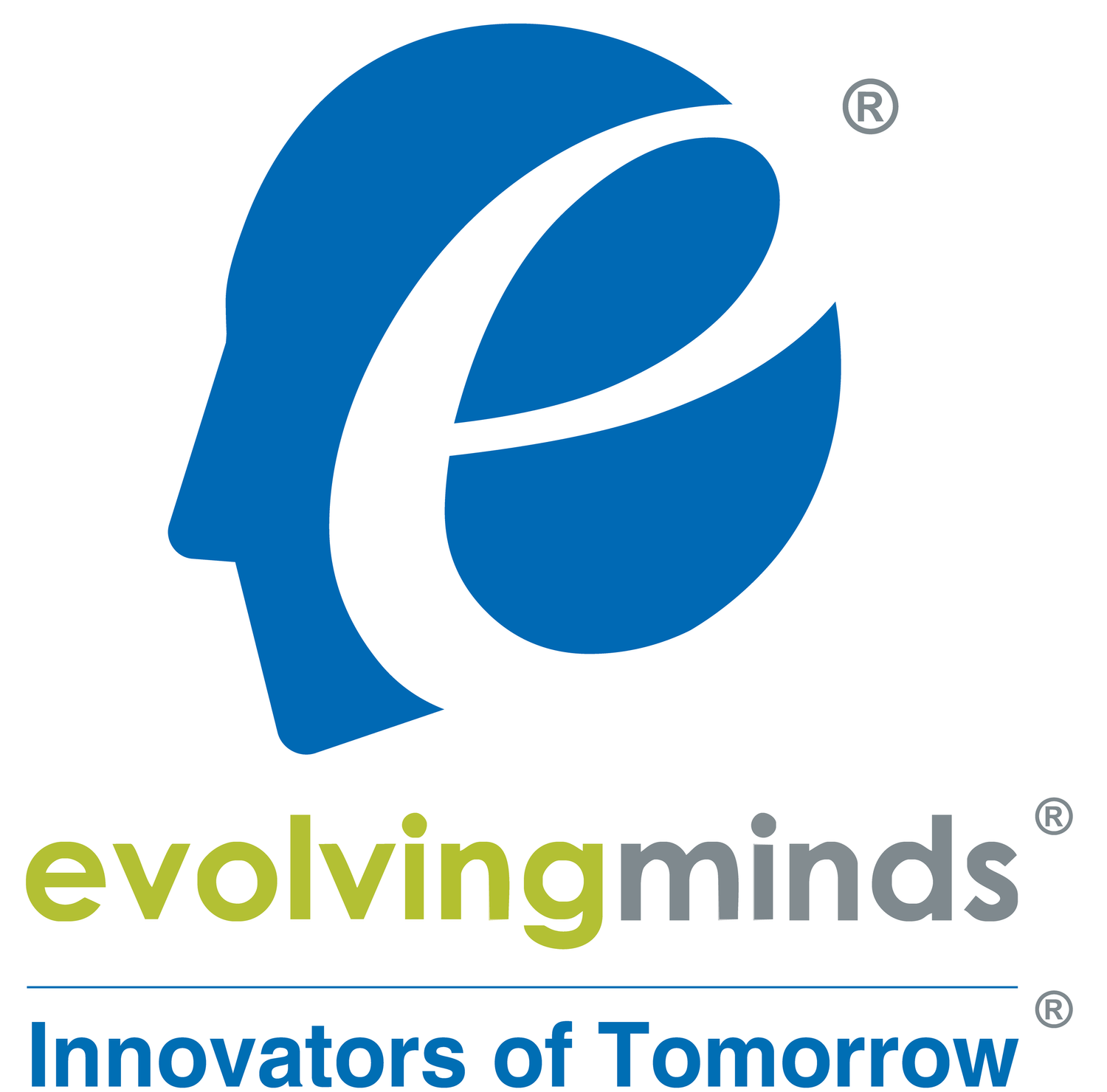
Applied Science
A part of the foundation journey.
Delving deeper into ‘Scientific Research’has paved way for ‘Special Branches’where the scientists, researchers and subject matter experts dig deeper, are able to find & define problems, and provide solutions to problems that couldn’t be solved earlier. These specialised branches have contributed a lot to the progress of life on the planet, and have opened doors to new innovations. Mentees who are consistently part of the Foundation Journey start to learn about these Special Branches a.k.a.Applied Science.
-

Forensic Science
The human race has always had an innate curiosity to investigate, discover and learn due to their intelligence. Some, from a young age, possess a stronger inclination towards working on honing the traits of observation and investigative acumen. These characteristics are ideal for scientists working in the field of forensics, who wish to help make the world a safer place.
The mentees will be eased into their foundation journey by studying documents, fingerprints, and other patterns that can help them reconstruct events. Further along their journey, they will apply ratios and proportions to make estimates about the characteristics of the people present at the event in question. Mentees will understand the interdisciplinary nature of forensic science when they learn about topics such as blood and blood patterns. At the end of the journey, they will tackle more complex questions like what makes each human unique as they delve into the world of molecular biology.
Skills imparted:
Mentees will acquire laboratory skills, especially across chemistry and biology, with a focus on the importance of safety while carrying out experiments. They will also be introduced to several techniques to assist them in their investigations, including:
Microscopy
pH metry
Colorimetry
Chromatography
Extraction and isolation of DNA
Agarose gel electrophoresis
-

Microbiology
Studying life at a microscopic level, mentees learn in detail about the various microorganisms, such as bacteria, protozoa, algae, fungi, viruses, etc. They learn a myriad of experimental techniques, including culturing bacteria, performing Gram staining and observing various microorganisms under a phase contrast microscope. These experiments help them understand the complex functioning of such minuscule and deceptively simple life forms. This creates a solid knowledge base for mentees aspiring to be professional microbiologists, who are sought after across several industries - from pharmaceuticals to food and beverages to healthcare to agriculture.
Skills imparted:
Mentees on their journey through the microbial world will learn:
Growth media preparation
Sterilizing methods
Bacterial culture
Growth regulation
Growth on specific growth mediums
Survey on microbiomes
Food monitoring
Fermentation
-

Electronics
The smartphones that we hold in our hand today perform at the average speed of supercomputers used approximately three decades ago. Electronics has advanced so much. How engineers can fit such a small, powerful device in our hands is a technological marvel indeed. Covering the basic concepts of Electronic Engineering to advanced Electronic Systems, our mentors use simple analogy, practical examples, lab controlled demonstrations and simplifying complex theories by breaking them down. This helps the mentees understand and soak in the information easily. They learn about Resistance and Capacitance, Potential divider network, Terminal voltage, circuit laws, Resistors in series and parallel, DC and AC, Earthing, Diode, Transistor (BJT, FET & MOSFET)-Digital logic, Switching and Amplification, Logic gate and its application –AND, OR, NOT, EXOR (Boolean algebra), Binary counters, decoder, flip-flops, Timer IC, Memory chip-Reading & writing and Arduino Programming. This elaborate program is the cornerstone for advanced professional electronics specialization courses, taken up during their higher studies.
Skills Imparted
Learning to use Multimeter
Learning to use breadboard
Learning to use CRO and signal generator
Troubleshooting
Design of electronic circuit
Programming
